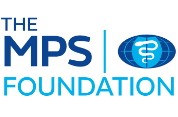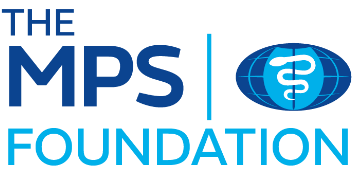Project title
Working towards evidence-based medical education: performance during training and future patient safety, clinical outcomes, and practice in doctors
Country
UK
Background
Medical education aims to ensure all patients get safe, high-quality care. However, there is almost no evidence to show that a doctor's academic performance during training actually predicts the future quality of care they deliver. Substantial variations in patient outcomes from treatment can also be seen between doctors. For example, complication rates of eye surgery can range from 1% to 10% between doctors. Not all of this variation can be explained by patient characteristics, other factors unrelated to the doctor, or the play of chance.
To become a specialist (eg a surgeon, cardiologist, etc.), doctors must continue to train and then pass assessments after leaving medical school. Some research findings from North America suggest that some aspects of educational achievement during medical training can predict how well a doctor's patients will recover when treated for heart conditions. We need to know if this is true for the UK as well, and if these findings apply to other areas of healthcare. Our findings will allow us to set training standards for doctors that will more effectively ensure that a high quality of patient care is delivered.
Our project aim is to find out if a doctor's educational achievements during training (e.g. exam marks) can predict their subsequent practice and their patient outcomes from treatment.
Summary
We will link data on actual patient care and outcomes to information on medical education for the first time in the UK. The UK Medical Education Database (UKMED) holds information on the educational performance of doctors in training. The UKMED can now be linked to patient information regarding the success of operations and other medical procedures. We will use data relating to eye operations, heart conditions, and joint replacement surgery.
We will analyse this information to see if a doctor’s exam performance, and other issues related to training, predicts their subsequent patient outcomes. We can also see if they go on to practise in line with the best available clinical evidence. This means we can discover which exams and assessments matter most to actual patient care when training hospital specialists.
Outcome
We will use our findings to work out if the assessments that doctors in training receive should be changed, for example, evaluating exam pass marks or only allowing a few resits. We will also use our findings to consider how doctors who are at risk of poor practice later can be identified during training. This would pave the way to offer them additional support and remediation.

